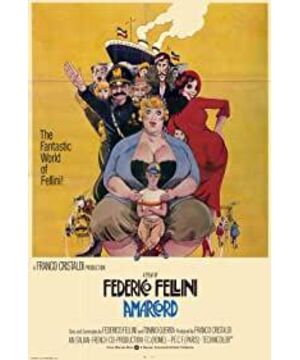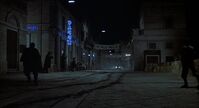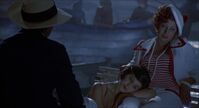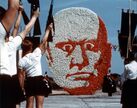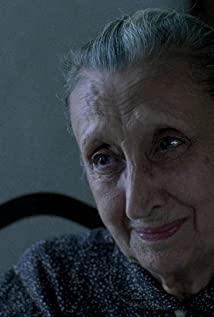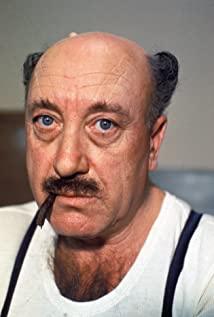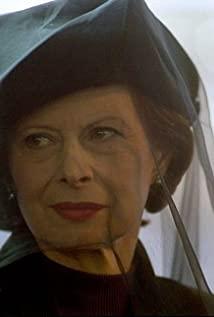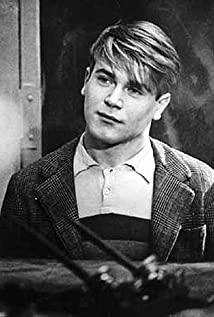①
As a child, Fellini ran away from home to watch a circus show in town. Vaudeville artists, clowns, coquettish and fit girls, dances, parades, and carnival performances. The beauty and grandeur left an indelible impression in his heart. Later throughout his life, his movies were like a "circus show". ".
I always say, "All directors only make the same movie over and over again in their entire lives." In fact, I can add another sentence, "And they are all autobiographical or semi-autobiographical in the end."
②
He loves those lively and noisy flower clusters and ribbons dancing, and he also loves the desolate place after the end of the carnival movie. The more noisy the more lonely, all these are two sides.
Therefore, at the end of "The Great Road", only Zambano's loneliness of enduring regret, the love between the wandering artist and the clown, is the only thing left in the end.
So how sweet the life of the upper class in Rome is, and closing the door to take off the mask of smirk, there is so much emptiness.
Therefore, "Amacord" begins in spring, and must go to winter, to the funeral of the mother. Then it was spring again, dusty catkins floated up again, and the obsessed little town goddess married an officer, and after the wedding, she would travel along with her.
③
There is a "storyteller" in the movie. He always pushes his bicycle by, and then looks directly at the camera and chats with you, telling the history of the town and chatting about the family. We all know that it is a taboo for actors to look directly at the camera. Direct visual contact with the audience will directly break the closed illusion of the film. Fellini will commit the taboo, and not once or twice, but a total of six times.
However, the rhetoric of the "storyteller" is always interrupted by others. It is either that someone deliberately makes a strange sound "pupu" in the distance, or a pile of snowballs fly out of the picture frame. He interrupted the progress of the movie, and the movie He always interrupts the "alone" between him and the audience, which is wonderful.
④
The old man lost his way in the autumn mist, murmured, "If death is like this, I won't think too much." Suddenly he became frightened again, "Where am I? Where is my home?" Turning around again, it turns out that he has been standing all the time. at the door. Knowing that the old is coming, and even repeatedly imagining the appearance of death, after all, he is nostalgic for the world and cannot afford to leave his homeland.
In the fog, the boy encountered a white cow like a beast. The white cow stared at the boy quietly for a moment, lowering his head and stepping lazily into the branches and fog.
⑤
In Fellini's story, there are always slut, prostitute, and saint and mother. The former gives a man's body, and the latter redeems the man's soul. Men are mostly weak and carefree, either, they repeatedly fail women, or they wait helplessly for women to save.
⑥
I bet that Giuseppe Tonadore is an avid fan of Fellini. His "Heaven Trilogy" is a tribute to Fellini, especially "Paradise Cinema".
⑦
It can be concluded that this is No. 1 that I have not tied for this year. It's a pity that I can't write a film review worthy of it.
20181113
View more about Amarcord reviews


